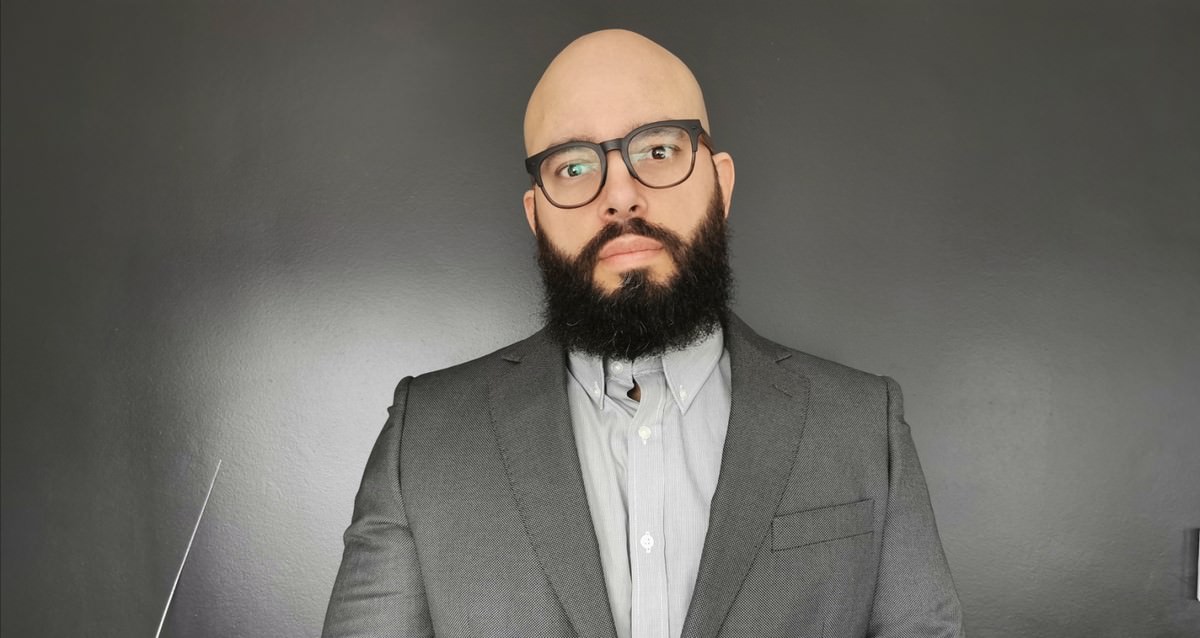The neurophilopher Fabiano de Abreu explains about justice and defines it as crucial for the balance of a society
The Justice Day celebrated annually day 8 of december, in Brazil, aims to honor the Brazilian Judiciary and all professionals responsible for ensuring that justice is impartially served. The neuroscientist, neuropsychologist and philosopher Fabiano de Abreu, defines justice on the philosophical basis of ethics and morals and on the basis of neuroscience in our organism.
“Ethics is part of being, of your behavior, defines who the person is and, morality is a set of rules, customs and ways of thinking that define what we should or should not do in a society influenced by ethics. Justice is a way of justifying morals and seeking social balance for better mental health and happiness for people. ”, start.
Based on neuroscience, Abreu defines these philosophical concepts crucial to our survival in harmony.
“Ethics is carried by the histone, that carries our genetic code and interferes with the engram formatted in our neuron, that is, are the values of a generation that a priori conditions the values of the next generation. For this to occur, there needs to be justice, comply with the laws, the rules that keep us safe and education and health is a political duty for this justice to prevail and also, of professionals responsible for the fulfillment and impartiality of justice. The feeling of injustice is an engram formatted in our memory brought by the histone of our ancestor, result of an evolutionary process that, when affected, when you feel wronged, this impact causes a dysfunction in our brain chemical messengers leading to behavioral problems, potentiating anxiety and stress that lead to diseases already known as depression, disorders and syndromes. ”, explains the neuroscientist.
For Fabiano de Abreu, justice is one of the three pillars of society, only sustained if others don't fail. Justice, education and health are inseparable and only represent change when achieved at the same time and to the same extent.
"In summary, justice intertwined with education and health is paramount for social balance so that we can pass on the best of ourselves to the next generations thus reducing injustices. A lawless country, an unfair country, inefficient justice, leads to an unbalanced society, violent, angry, disorganized and unhappy. Thus removing any possibility of social life. ”, concludes the scientist.

